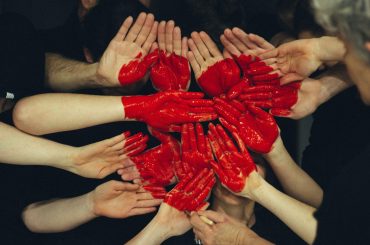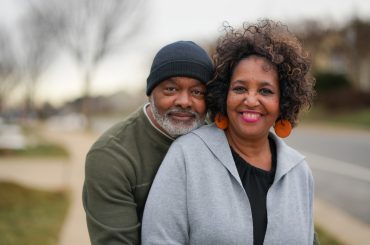Social stigma. It’s a phrase we all know, but especially those in recovery. Stigma is a set of negative beliefs that a group or society holds about a topic or group of people. Social stigma can be broken down into two subsets, public and internalized stigma. Public stigma includes the ways that the public distances themselves from those with addiction. Internalized stigma, or self-stigma, includes the feelings and emotions that public stigma forces someone to feel inside. These can include shame and guilt.
Within the recovery community, there are facets that receive even deeper instances of stigma. One of these groups is the LGBTQ+ community.
Substance Abuse Among LGBTQ+
As we know, all genders, races, ethnicities, religions, and sexualities struggle with drug abuse and addiction. However, the LGBTQ+ community faces a multitude of challenges compared to the heterosexual community, and this is even more apparent in the scope of addiction and recovery. The National Institute on Drug Abuse explains, “LGBT persons … have a greater likelihood than non-LGBT persons of experiencing a substance use disorder (SUD) in their lifetime, and they often enter treatment with more severe SUDs.” However, due to the stigma surrounding addiction, including both public and internalized stigmas, drug abuse among the LGBTQ+ community often goes unreported or underreported.
Inclusivity in Recovery
Inclusivity is constantly talked about as you work through recovery. Whether it’s a step-based process or not, the word is bounced around in the rooms around the world. But what does it mean? Inclusivity-based recovery is a model that involves creating safe spaces in recovery for all people, regardless of race, ethnicity, religion, gender or sexuality.
However, not all recovery spaces are created equally. There is more that the recovery community can do to bring further inclusivity into the rooms for the LBTQ+ community.
Recovery Beyond the Binary
Recovery literature isn’t always 100% up-to-date, nor is the way that some meetings are opened. “Ladies and gentlemen…” or “men and women” are antiquated phrases that can be found within recovery literature and at the beginnings of a meeting. Instead, switching to gender-neutral phrases, such as “everyone” or “friends” can completely change the dynamic of a meeting, and create a safe space for all people.
Pronouns, Names, and Language Choices
As noted above, there are assumptions about gender and sexuality within the recovery narrative. Creating a welcoming space for all people is as simple as connecting versus assuming. If you are unsure of someone’s preferred pronouns, ask. Language is a huge part of recovery, but also can be extremely triggering for people within the LGBTQ+ community. Making space to learn someone’s name and pronouns can turn your meeting space into a more inclusive one.
Providing Resources
Being inclusive in recovery also requires providing adequate resources for all members of the recovery community. These resources can be found on the National Association of Addiction Treatment Providers website, the American Addiction Centers website, the LGBT National Help Center or LGBT Foundation.
Recovery, by nature, is inclusive. You may have heard the phrase “All Are Welcome” as you entered a meeting, detox, or outpatient group. As a meeting leader or participant, you can make that statement ring true on all facets, by ensuring that your space focuses on recovery beyond the binary and insuring that all people truly feel welcome.






